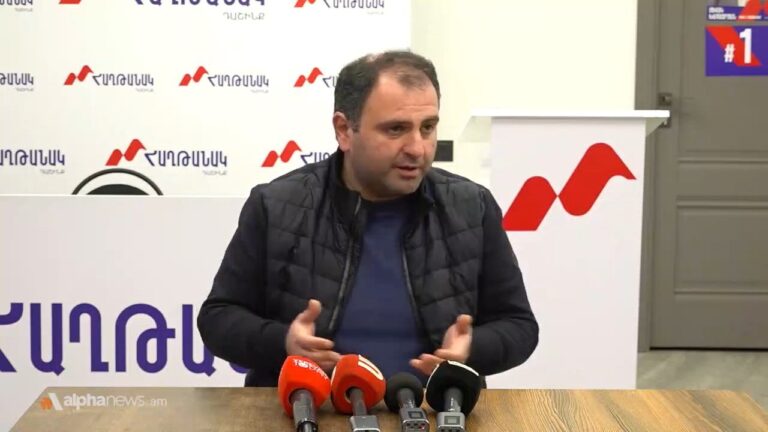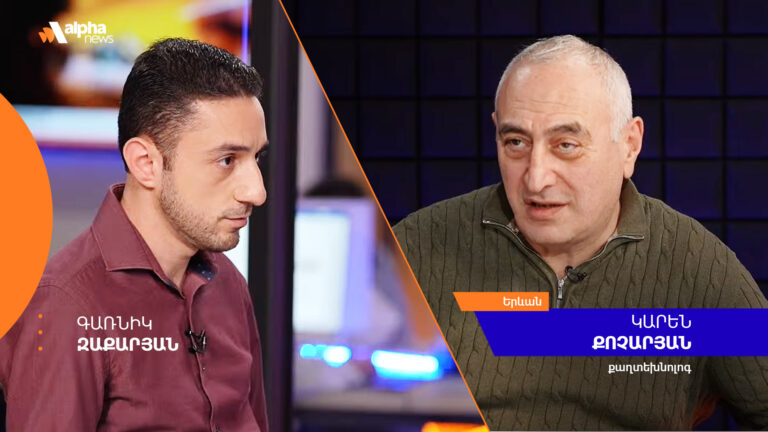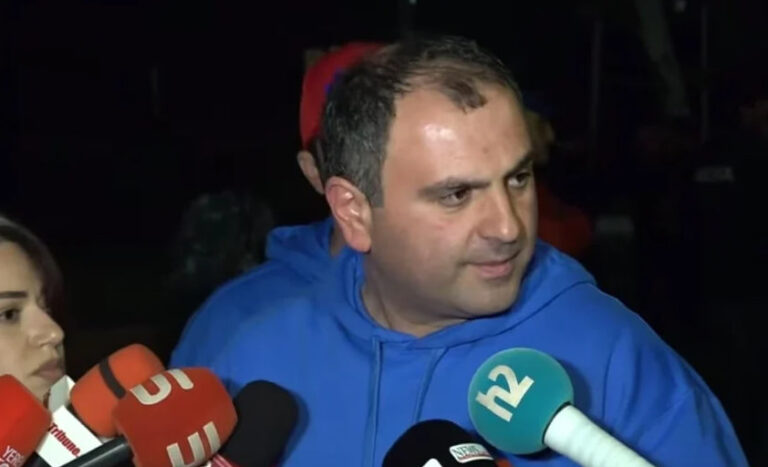‘Azerbaijanis entered Chartar, broke the doors and started looting’: Artsakh forced exodus #40
December 27 2023, 13:28
Two and a half months after being forcibly displaced from Artsakh, Hasmik Ghahramanyan started working as a pediatrician at the medical center in the city of Armavir. Ms. Hasmik and her family live in a rented apartment in Yerevan. She says that she managed to integrate into the new environment and everyday life. In addition to her professional activities, she has other interests, but she does not feel like a whole person here.
“Sometimes it feels like something important is missing in my life. I constantly think about returning, and deep down, I hope that we will return. I believe that one day the hour of retribution will come and we will return. I am ready to return to Artsakh, as long as I don’t see even traces of Azerbaijanis there, because we saw what they were doing. I wouldn’t want to live with the same fear and anxiety. There’s no point. But if we have an army there, we will return,” says the 63-year-old woman in an interview with Alpha News.
The Artsakh woman comes from the city of Chartar, where she worked as the chief physician of a local hospital. On September 19, when Azerbaijan launched a large-scale attack on Artsakh, she was at work. Hearing the sounds of shelling, people first tried to take shelter, but then the wounded were taken to the hospital, and Ms. Hasmik remained there until she was forcibly displaced.
“During the 44-day war, the enemy fired intermittently, but this time there was real hail. The shelling did not stop for a minute. While we were figuring out what to do, the wounded were brought in, and we didn’t go anywhere. We continued to work under the shells. We didn’t even have time to sit down. The first casualties who were brought in were civilians from the village of Machkalashen,” the doctor recalls.
According to her, the only road leading from Chartar to Stepanakert came under enemy control, and the city was surrounded.
“There was only one civilian casualty in Chartar. It turned out that they spared the city. Only later did we realize that they wanted to live there from the very beginning. Those who were the last to leave Chartar told me that the Azerbaijanis, in their presence, burst into the city, broke down the doors and windows, entered houses, began to loot and forced the Armenians to leave. I know for sure that they broke into my uncle Shahen’s house, stole a TV and a computer, and then broke into the hospital and schools. They only didn’t get into the city hall building because our people were still there,” Ms. Hasmik says.
According to Hasmik Ghahramanyan, after the war, the enemy continued to fight for Chartar.
“After the ceasefire, they seemed to go berserk. A shootout with machine guns began. They were already approaching, and it was very scary. On September 24, when my sister’s son came to pick me up, people were already panicking. And after we left, the Azerbaijanis entered the city, began to intimidate and ridicule the Artsakh people there, and gave only a few hours for them to leave,” says the doctor.
Ms. Hasmik never had the opportunity to go to her home and say goodbye; on the night of September 24, she went straight from the hospital on the road.
A day-and-a-half route awaited her.







